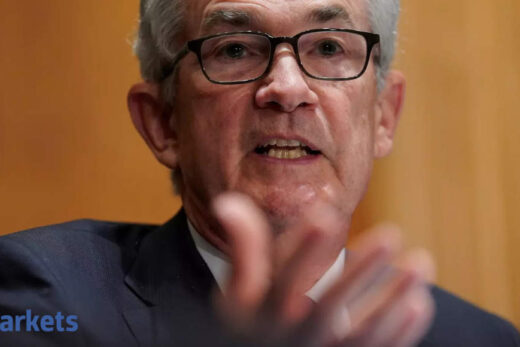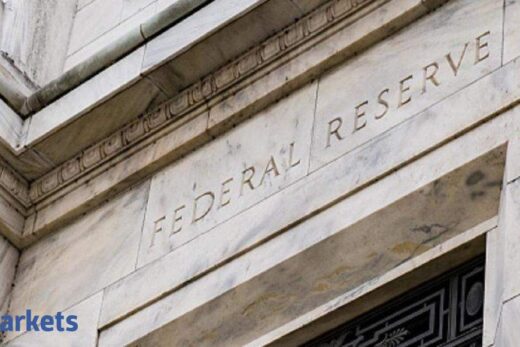IBM Corp slumped 10% and was the top drag on the Dow Jones Industrial Average after it missed estimates for quarterly revenue, hurt by a rare sales decline in its software unit.
Intel Corp shed 6.5% as new Chief Executive Officer Pat Gelsinger’s post-earnings comments suggested the lack of a strong embrace of outsourcing.
The S&P 500 and the Nasdaq pared some losses after the opening bell as data showed U.S. manufacturing activity surprisingly surged to its highest level in more than 13-1/2-years in early January amid strong growth in new orders.
Some investors called the drop in the Dow and the S&P 500 a blip in what has been a strong rally since the Nov. 3 elections.
“The near-term momentum (in stock markets) is likely to carry forward,” said Mark Heppenstall, chief investment officer at Penn Mutual Asset Management in Horsham, Pennsylvania.
“Clearly with the Fed stepping on the gas, and with fiscal stimulus likely in some additional form over the near term, you get the sense that there is still a lot of liquidity out there.”
Shares of energy, financial, industrials and materials companies, which had boosted the S&P 500 by more than 14% since the elections, fell the most on Friday.
At 09:59 a.m. ET, the Dow Jones Industrial Average fell 169.68 points, or 0.54%, to 31,006.33 and the S&P 500 lost 10.26 points, or 0.27%, to 3,842.81.
The Nasdaq Composite gained 0.76 points to 13,531.18, helped by a rise in shares of Microsoft Corp and Facebook Inc.
Still, the three major indexes were set for weekly gains, with the tech-heavy Nasdaq tracking its best weekly performance since Nov. 6 as investors piled into Alphabet Inc, Apple Inc and Amazon.com Inc in anticipation of their earnings reports in the coming weeks.
“For a longer-term investor buying some technology makes perfectly good sense, but for the next 2-6 months value will do relatively better, partly because the vaccine will continue to be distributed,” said Chuck Lieberman, chief investment officer of Advisor Capital Management.
The U.S. Senate Finance Committee will vote on Friday on Janet Yellen’s nomination for Treasury secretary, an early litmus test of bipartisan support for President Joe Biden’s ambitious plans for coronavirus relief, infrastructure investment and tax hikes.
Biden has proposed a $1.9 trillion coronavirus relief plan and has pledged to invest $2 trillion in infrastructure, green energy projects, education and research. Some Republicans have expressed concerns over its price tag.
Schlumberger NV, the world’s largest oilfield services provider, joined rivals in predicting a steady recovery in the oil industry this year. Still, its shares fell 0.6% tracking broader sector weakness.
Declining issues outnumbered advancers by a 2.6-to-1 ratio on the NYSE and by a 1.9-to-1 ratio on the Nasdaq.
The S&P 500 posted four new 52-week highs and no new low while the Nasdaq recorded 78 new highs and four new lows.



